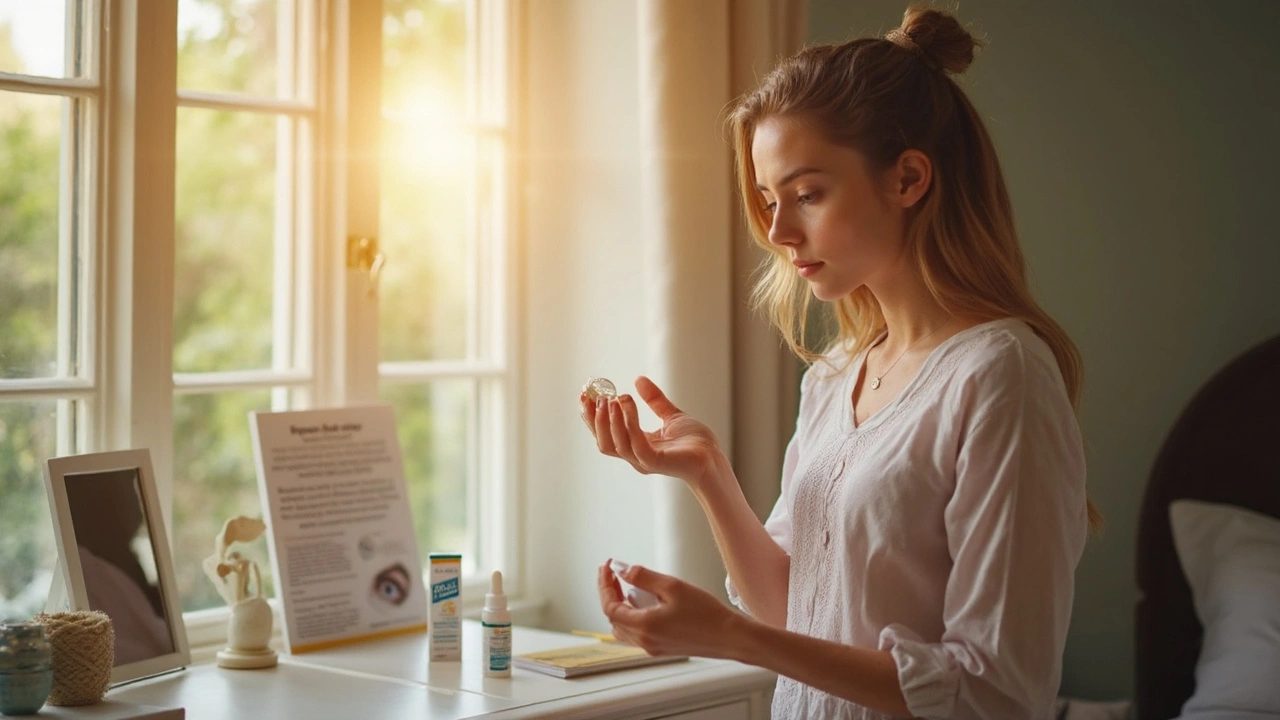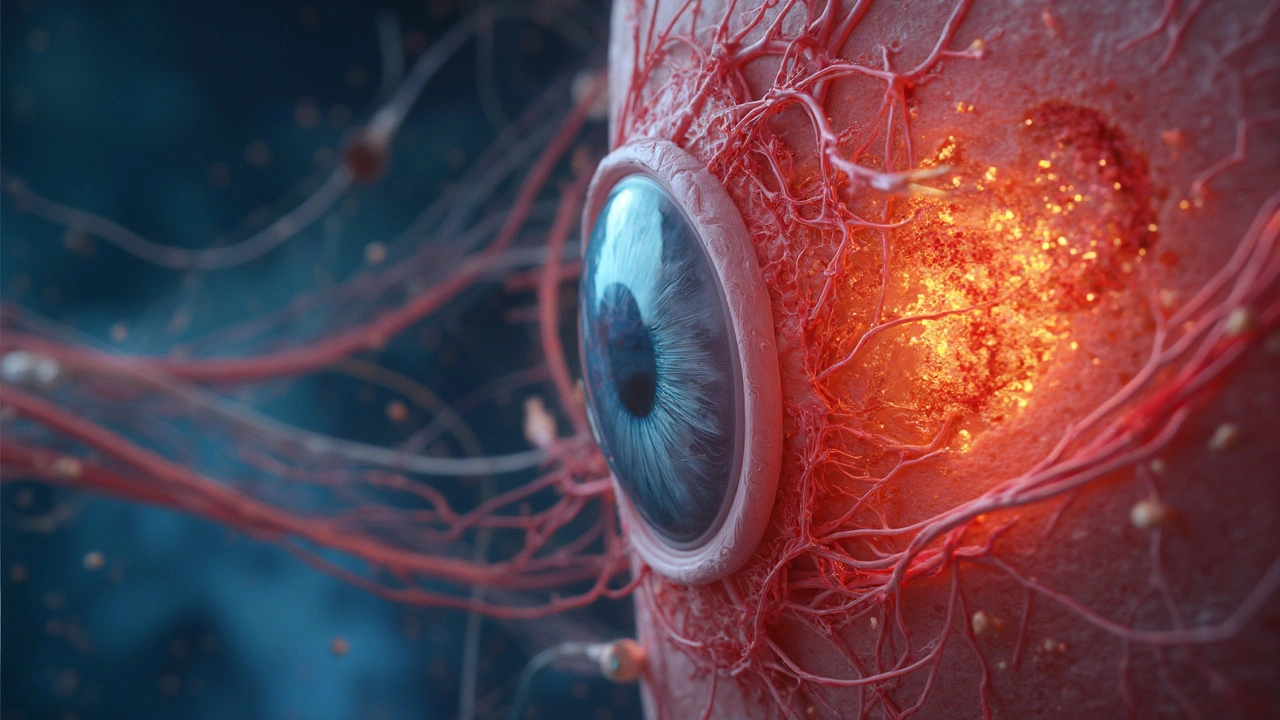Eye Care: Practical Tips to Protect Your Vision
Your eyes work nonstop. A few simple habits protect them more than expensive products. Below you’ll find clear steps you can start today, quick signs that need a doctor, and smart rules for buying eye medicines online.
Daily habits that protect vision
Follow the 20-20-20 rule when you use screens: every 20 minutes, look 20 feet away for 20 seconds. This reduces eye strain and keeps blinking regular, which prevents dry eyes. If you wear contacts, follow the exact cleaning and replacement schedule your eye doctor gave you—never sleep in lenses unless they’re approved for overnight use.
Wear sunglasses that block 100% UVA/UVB when you’re outside. UV damage adds up over years and raises your risk for cataracts and macular problems. At home, good lighting reduces squinting and strain; avoid reading in dim light or with harsh overhead glare.
Eat foods that support eye health: leafy greens, eggs, and fish high in omega-3s. Supplements with lutein and zeaxanthin can help if you don’t get those foods regularly. Still, supplements don’t replace eye exams or medical care when something’s wrong.
Buying eye meds online: what to check
Some eye issues need prescription drops or ointments. Never use antibiotic or steroid eye drops without a prescription and follow-up. Steroid drops like fluocinolone can be useful but require medical supervision because they can raise eye pressure or hide infections.
If you buy eye medicines online, check these things: the pharmacy should require a prescription, show clear contact info, and have customer reviews or a credible accreditation. Our site has reviews of online pharmacies and guides on safe buying—use them to compare options and avoid fake products.
For over-the-counter relief, choose preservative-free artificial tears for frequent use. Avoid prolonged use of redness-relief drops; they can make redness worse over time. If symptoms don’t improve in 48–72 hours, see an eye doctor.
Warning signs you should not ignore: sudden vision loss, flashes of light, a curtain or shadow over part of your vision, intense eye pain, or sudden double vision. Those can be signs of retinal detachment, glaucoma, or stroke—get emergency care.
Schedule a comprehensive eye exam every 1–2 years, more often if you have diabetes, a family history of eye disease, or take medications that affect vision. Exams catch issues early when treatment is most effective.
Small changes add up. Protect your eyes with smart daily habits, be careful with medicines, and get checked regularly. If you’re unsure about an online pharmacy or a product, read our reviews and buying guides before you order.


